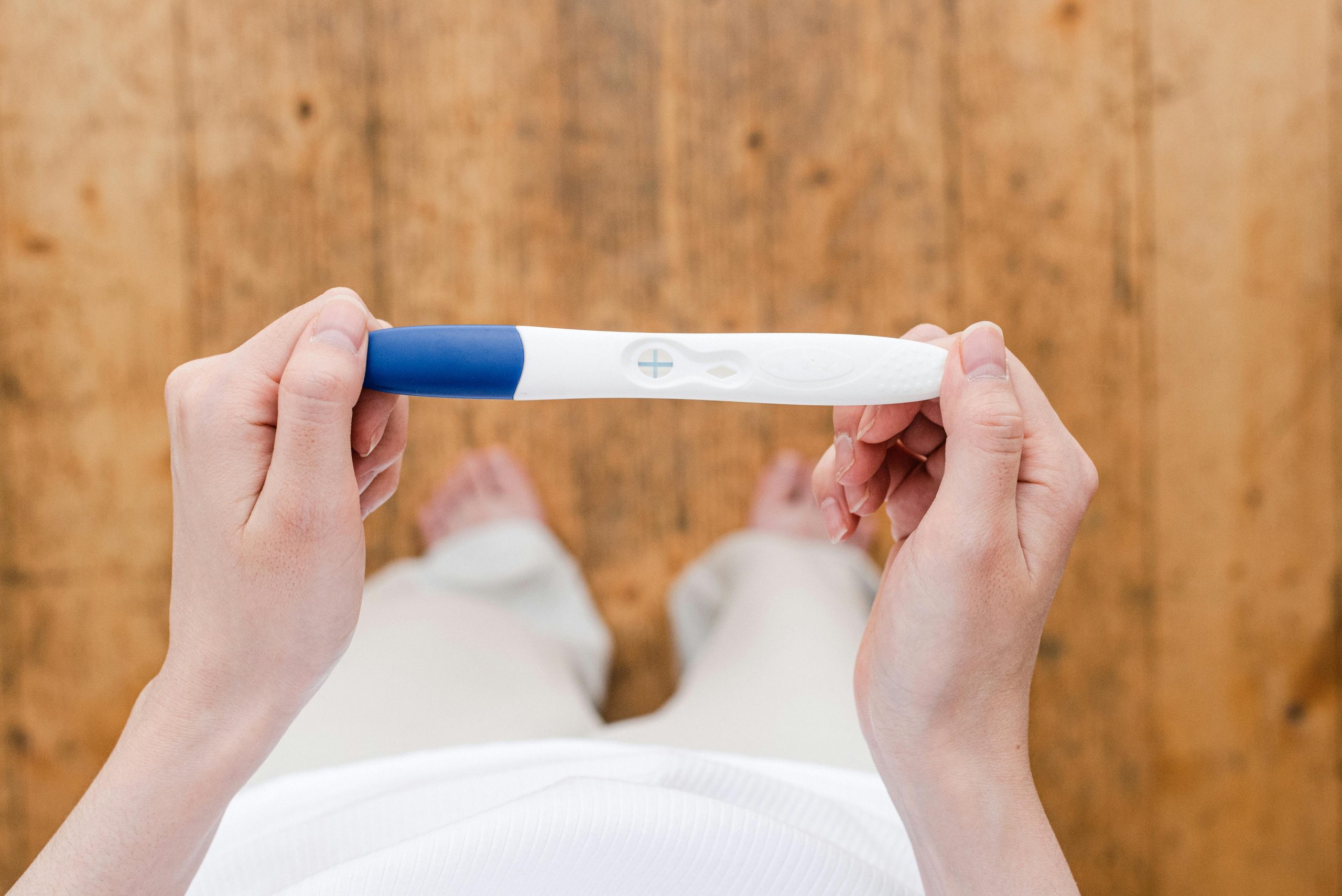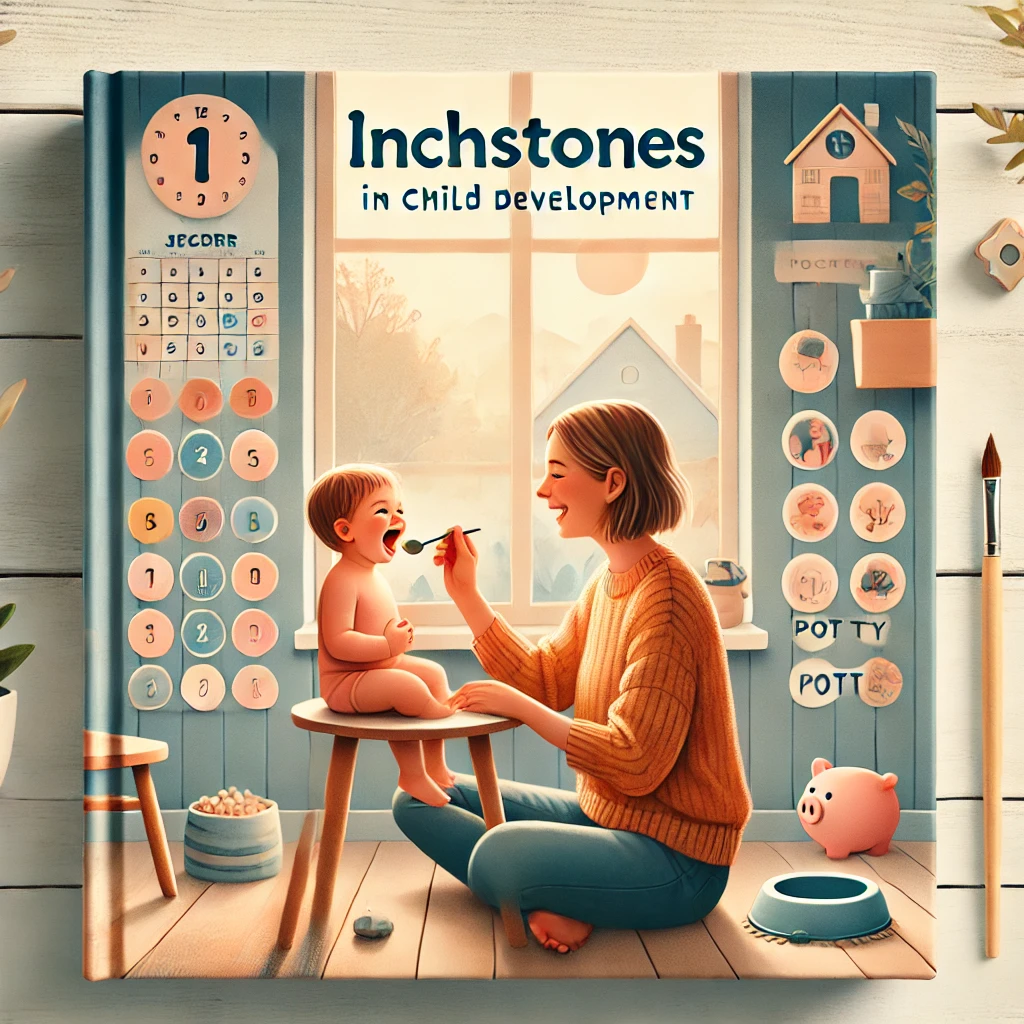
Understanding the First Trimester of Pregnancy
Pregnancy is a special time when a woman’s body undergoes many changes. It’s divided into three parts called trimesters. The first trimester starts when a woman gets pregnant and lasts until about 12 weeks later. This period is super important because the baby grows a lot during this time. Let’s take a closer look at what happens during the first trimester and how moms-to-be can deal with it.
Signs and Symptoms:
During the first few months of pregnancy, a woman’s body goes through a lot of changes because of the baby growing inside her. One of the first signs that a woman might be pregnant is if she misses her period. Other signs include:
- Morning Sickness: Nausea and vomiting, commonly known as morning sickness, can happen at any time, not just in the morning. It can range from feeling a bit uncomfortable to feeling really sick.
- Fatigue: Feeling extremely tired because of changes in hormones. It’s important to get plenty of rest during this time.
- Breast Tenderness: Your breasts may feel swollen, tender, and sensitive to touch because of hormonal changes as your body gets ready for breastfeeding.
- Frequent Urination: Needing to pee more often because your growing uterus is pressing on your bladder, making you feel like you need to go urgently.
While these symptoms can be tough to deal with, they usually don’t last long and get better as the pregnancy goes on.
Developmental Milestones:
During the first three months of pregnancy, the baby grows a lot and reaches important stages, like:
- Embryonic Development: From when the egg is fertilized until about 10 weeks, the baby’s cells divide quickly and start forming important parts like organs.
- Fetal Heartbeat: At about 6 or 7 weeks, doctors can often hear the baby’s heartbeat using special machines, showing that the pregnancy is going well.
- Formation of Organs: By the end of the first trimester, the baby’s major organs, such as the heart, brain, lungs, and stomach, start to form, although they’re still basic.
These milestones show how crucial the first three months are for the baby’s healthy growth.
Coping Strategies:
Dealing with the changes in your body and emotions during the first few months of pregnancy can be tough, but there are things you can do to feel better:
- Healthy Diet: Eating a mix of healthy foods like fruits, veggies, lean meats, and whole grains can help with nausea and give your baby the nutrients they need to grow.
- Hydration: It’s important to drink plenty of water, especially if you’re peeing a lot or throwing up.
- Rest and Relaxation: Getting enough rest can help you feel less tired. Try relaxing activities like deep breathing, meditation, or gentle yoga.
- Open Communication: It’s good to talk to your doctor about any worries or questions you have. Talking to family and friends can also help you feel supported during your pregnancy.
These simple strategies can help you feel better and cope with the changes of early pregnancy.
Looking Ahead: Second and Third Trimesters:
As you finish the first three months of pregnancy, you’ll likely start feeling better as some of the tough symptoms, like morning sickness and tiredness, decrease. This marks the beginning of the second trimester, which lasts from around week 13 to week 28. During this time, your baby keeps growing, and you might notice new things, like feeling your baby move and seeing changes in your body.
In the second trimester, you can expect your belly to start getting bigger as your baby grows. You might also feel your baby kicking or moving around, which can be really exciting! This stage can be a bit easier than the first trimester for some moms, but every pregnancy is different.
As you head into the third trimester, which starts around week 29 and lasts until you give birth, your baby continues to grow and get ready for birth. You might start feeling more uncomfortable as your belly gets bigger, and you could experience things like back pain, swelling, and trouble sleeping. But even though it can be tough, many moms feel really excited about meeting their baby soon.
Throughout all three trimesters, it’s important to take care of yourself, listen to your body, and get support from your loved ones. Understanding what to expect in each trimester can help you feel more confident and ready for the journey ahead as you prepare to welcome your new baby into the world.
This article has been updated on March 19, 2024.










